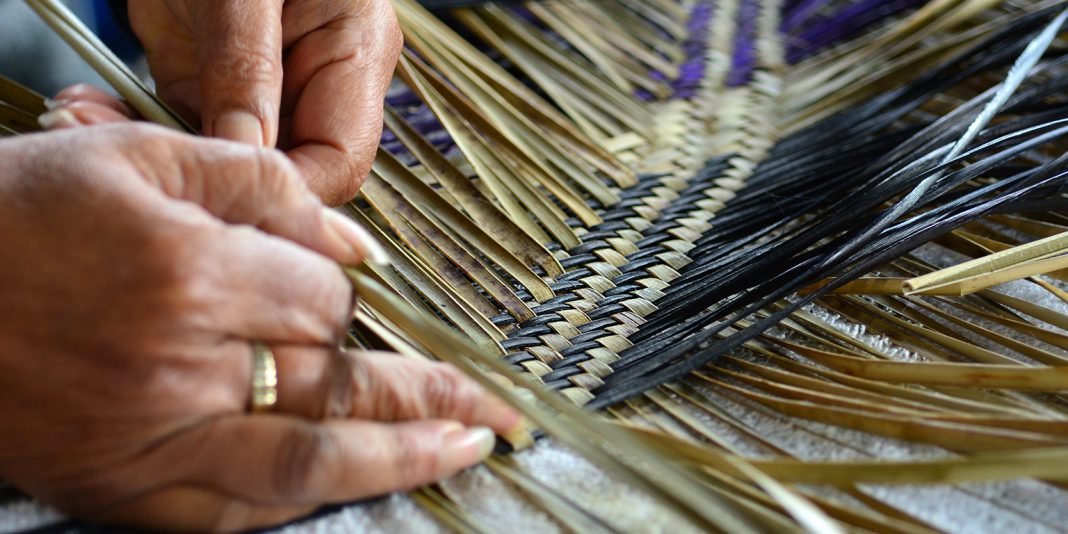Setting an “aspirational” goal to boost Māori nursing numbers by 2028 without any funding or workforce strategy is “unacceptable”, says NZNO Kaiwhakahaere Kerri Nuku.
The New Zealand Nurses Organisation leader is just back from addressing the United Nations Permanent Forum on Indigenous Rights in New York for the third year running to support the case of Māori nurses.
Nuku requested a UN interventionto ensure Māori women’s voices were included in health policy decision-making and for the health system to support having a nursing workforce that matched the Māori population. And on her return to New Zealand has called for the Government’s ‘full commitment” to developing and planning a growing Māori nursing workforce.
“An aspirational Māori nursing workforce goal with no further commitment, funding or implementation strategy is unacceptable,” said Nuku.
In November 2015 the Health Workforce New Zealand’s (HWNZ) Nursing Governance Taskforce for Nursing set a date of 2028 to meet a goal of “significantly increasing” the number of Māori nurses (currently 7%) to better match the proportion of Māori in the population (15.6%), with the aim of improving access to care and the quality of care for Māori.
Nuku said recruitment and recruitment of Māori nurses was vital for the future health and wellbeing of whānau, hapū and iwi and a Maori Nursing Strategy was “urgently needed to address this”.
“Whilst commitment has been made to form some regional partnerships to achieve the goal of a Māori nursing workforce that matches the percentage of Māori in their population by 2028, there is no supporting operational strategy to make this happen.
Health Minister Dr David Clark was unavailable for comment but the Ministry of Health’s acting chief nursing officer Dr Jill Clendon said theNational Nursing Organisations group’s (NNOg)MāoriCaucus – which included Nuku – was providing leadership on developing a strategy to meet the goal, with the support of the Ministry’s Office of the Chief Nursing Officer (OCNO).
“We currently fund a number of operational initiatives to grow and support the widerMāorihealth workforce, including scholarships, cultural support and leadership programmes, and initiatives in secondary schools, undergraduate and post graduate education,” said Clendon. “There are also two Bachelor of Nursing (Māori) programmes based on kaupapa Māori perspectives supporting Māori nurses to work in their communities”.
Nuku also drew attention to the ongoing pay parity issue for nurses working for Māori and iwi health care providers who were paid up to 25 per cent less than their counterparts in district health boards.
An 11,000-plus petition was presented to Parliament back in July 2008, pointing out the inequity and calling for the Government to work with NZNO and Māori and iwi PHC employers so that pay equity could be funded and delivered to their nurses and other health professionals.
“This situation, although complex could be remedied by different contractual arrangements, if there was the political will to do so,” she said. The Ministry said it could not comment, saying DHBs funded Māori and iwi providers to provide primary health care services and that nurses pay was dependent on negotiations between the nurses and their employers.




















